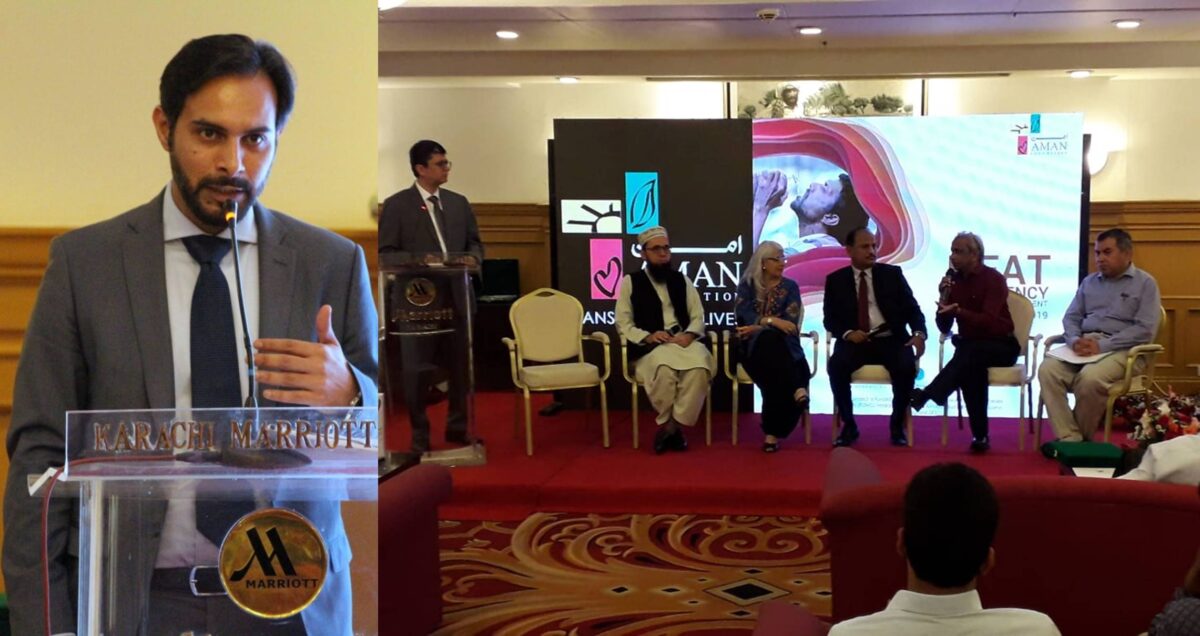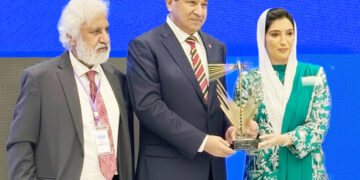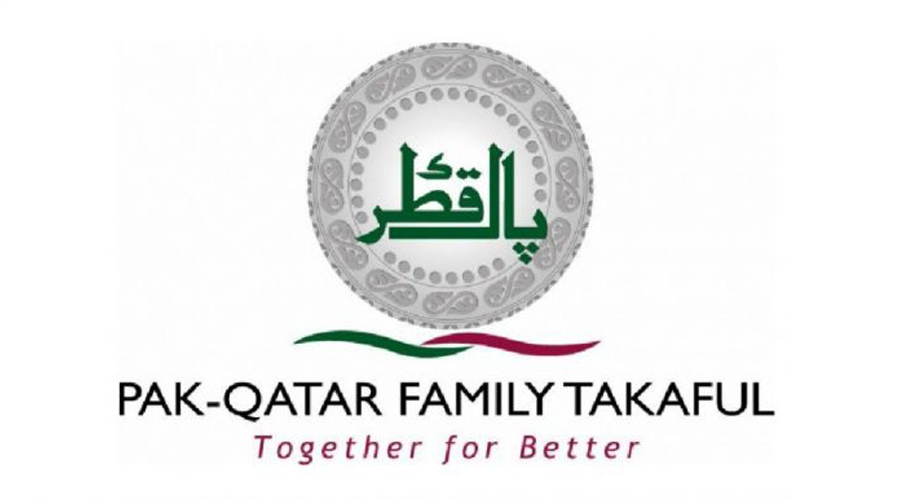KARACHI – In partnership with Aman Health Care Services (AHCS), Aga Khan University Karachi and John Hopkins University, Baltimore USA, Aman Foundation celebrated the successful conclusion of the HEAT study – a collaborative research project to evaluate ways in which deaths caused by extreme heat exposure could be reduced.
HEAT (Heat Emergency Awareness and Treatment) commenced 4 years ago, in the wake of the scorching heatwave in Karachi which triggered a healthcare emergency and caused the deaths of more than 1,200 people. Its completion comes at a time when it has been forecasted to be an even hotter year than 2015.
The project comprised of researchers from Aga Khan University, Johns Hopkins University, the World Health Organization and the Aman Foundation. Their goal was to develop and implement strategies for preventing and treating heat emergencies in households and in emergency departments in low-income settings; various key findings were drawn into the presented policy brief.
Mujahid Khan, CEO Aman Foundation addressed the audience by stating:
“Keeping in mind the current climate situation of the world, it is extremely important to become as aware of the severity of the situation as possible, in order to be able to find relevant situations for our region. This is an important step in collaboration with AKU and Johns Hopkins, and we are hopeful that this would prove to be beneficial for the community”.
The keynote speeches included proposed policy recommendations such as introducing and emphasising training for managing heat emergencies, notifying hospitals well in advance to ensure availability of necessary supplies, and overall public awareness creation via various channels of communication.



















